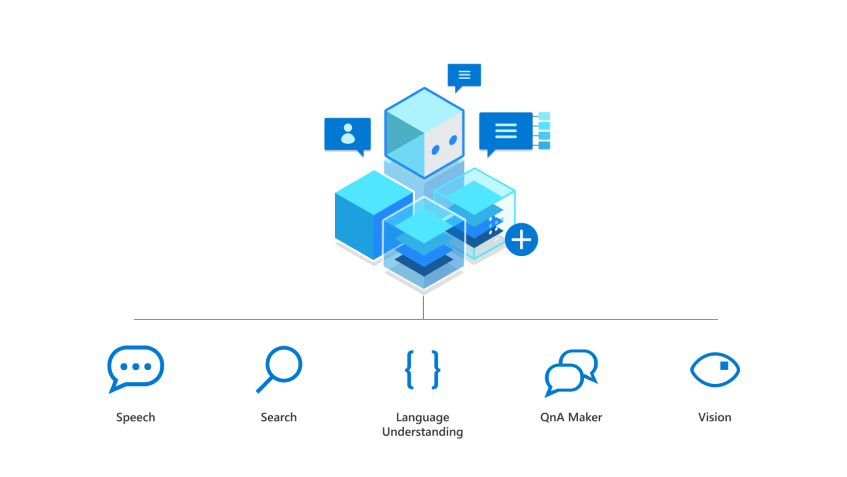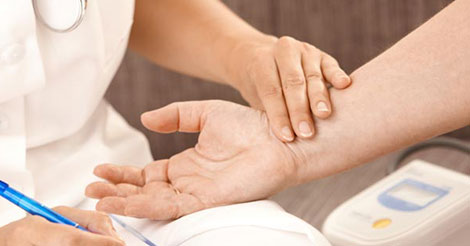Health is an invaluable gift that we must protect and preserve throughout our lives. One of the key factors in preserving health is timely medical check-ups. Unfortunately, due to busyness, fear or negligence, many people postpone visits to the doctor, risking to miss serious diseases at early stages. But modern technology offers a convenient solution to this problem – services for quick appointment for medical procedures, such as EasyMed in Israel.
In this article we will tell you why it is so important to have regular medical check-ups, what diseases can be prevented or detected at an early stage, as well as share tips on how to organise an effective medical check-up. You will learn how simple and affordable procedures can keep you healthy and give you many years of active and fulfilling life.
Prevention is the key to health and longevity
The main purpose of regular medical check-ups is prevention and early detection of diseases. Many serious diseases, such as cancer, cardiovascular disease or diabetes, are asymptomatic in the early stages and can only be detected by special tests and procedures. Timely diagnosis allows to start treatment at an early stage, when the chances of full recovery are maximised.
Regular examinations help not only to detect existing health problems, but also to prevent their development in the future. During a check-up, your doctor can identify risk factors such as high cholesterol, excess weight or high blood pressure and make recommendations for lifestyle changes or prescribe preventative treatment. By following these tips, you can maintain your health and reduce your risk of developing serious diseases.
Regular visits to your doctor will also help you build a trusting relationship with the specialist who will see you for years to come. He or she will be able to monitor the dynamics of your health, notice the slightest changes and react in time to alarming symptoms. Having a complete picture of your health, the doctor will be able to choose the best methods of treatment and prevention, taking into account your individual characteristics and needs.
Which examinations are necessary for each person
The list of necessary medical examinations depends on age, gender, heredity and individual risk factors. However, there are a number of basic procedures that are recommended for all adults for early detection of the most common diseases:
- An annual physical examination, including height, weight, blood pressure, and general blood and urine tests.
- Regular monitoring of cholesterol and blood sugar levels to prevent cardiovascular disease and diabetes.
- Age- and gender-specific cancer screening: mammography for women over 40, PAP test for cervical cancer, colonoscopy for people over 50.
- Vision and hearing checks, especially after age 40, when age-related changes begin.
- Dental checkups and professional teeth cleaning every six months to prevent tooth decay and gum disease.
In addition, depending on your lifestyle, occupation and heredity, your doctor may recommend additional check-ups, such as tests for infections, vitamins and minerals, ECG or ultrasound of internal organs. Regularly undergoing these procedures will help you stay healthy and prevent the development of serious diseases.
How often you should have check-ups
The frequency of health checks depends on your age, health status and individual risk factors. Most adults are recommended to have a basic physical exam once a year, even if you feel well and have no complaints. During this visit, your doctor will perform a general examination, measure your vital signs, and order additional tests or analyses if necessary.
If you have chronic conditions such as diabetes, hypertension or asthma, you may need more frequent follow-up with a specialist. In this case, the doctor will make an individual schedule of examinations and consultations to monitor the course of the disease and adjust the treatment in time. Do not neglect these visits, even if you feel well – regular monitoring will help prevent complications and preserve your quality of life.
Women over 40 are advised to have an annual mammogram for early detection of breast cancer, and to see a gynaecologist regularly for cervical cancer and other gynaecological diseases. Men over 50 should have regular prostate checks and colonoscopies to prevent colorectal cancer.
If you lead a healthy lifestyle, eat right and exercise regularly, you may see a doctor less often than people with risk factors. Even so, you should not skip your annual checkup to make sure your body is functioning normally and does not need additional support.
How to prepare for a medical examination
In order for your physical examination to be as effective and informative as possible, you need to prepare for it properly. Here are some tips to help you get the most accurate results and avoid missing important details:
- Write down all of your concerns and symptoms so you don’t forget to discuss them with your doctor during your appointment.
- Bring a list of all the medications, vitamins, and supplements you take regularly or occasionally.
- If you have previous test results or reports from other specialists, bring them with you to your consultation.
- On the eve of the examination, try to avoid stress, alcohol and heavy meals to avoid distorting the test results.
- If you have to give blood on an empty stomach, do not eat or drink anything but water 8-12 hours before the procedure.
During the appointment, feel free to ask your doctor any questions about health, prevention and treatment. Be as honest and open as possible about your symptoms, lifestyle and family history – this information will help the specialist to get a full picture of your health and make accurate recommendations.
Conclusion
Regular medical check-ups are an essential investment in your health and longevity. Don’t put off seeing a doctor until you have alarming symptoms – take care of yourself in advance by getting timely diagnostics and preventive care. Modern medicine gives us many opportunities to preserve our health, and our task is to take full advantage of them. And with the help of such services as EasyMed, it has become even easier and more accessible. Be healthy and don’t forget that your health is in your hands!







